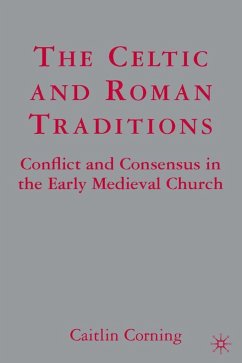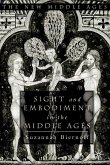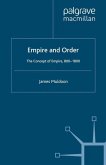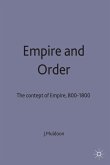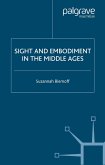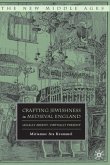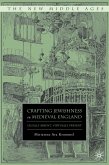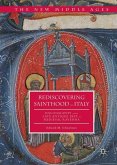"What were the issues that led to the Celtic Church's eventual demise as it was absorbed into the Church universal? Caitlin Corning, Professor of History at George Fox University, turns her considerable analytical skills toward answering this question . . . Corning has done a superlative job of making understandable one of the most bewildering, and apparently divisive, theological issues of the Middle Ages." - Christian Scholar's Review"The author has taken on a formidable task, and executed it extremely well. This book deserves to be widely read. An essential introduction to its topic, it engages energetically with current scholarship and contains much that is original. It is sure to stimulate further debate and research." - Kaarina Hollo, Universities of Cambridge and Sheffield
Bitte wählen Sie Ihr Anliegen aus.
Rechnungen
Retourenschein anfordern
Bestellstatus
Storno

